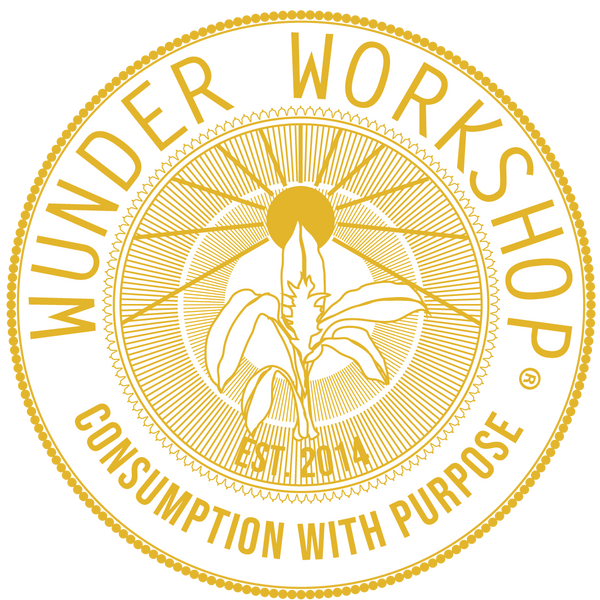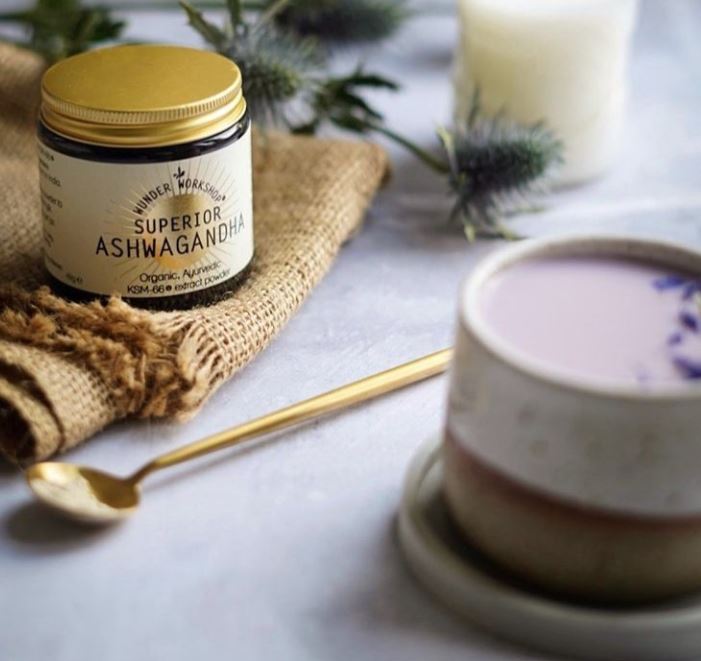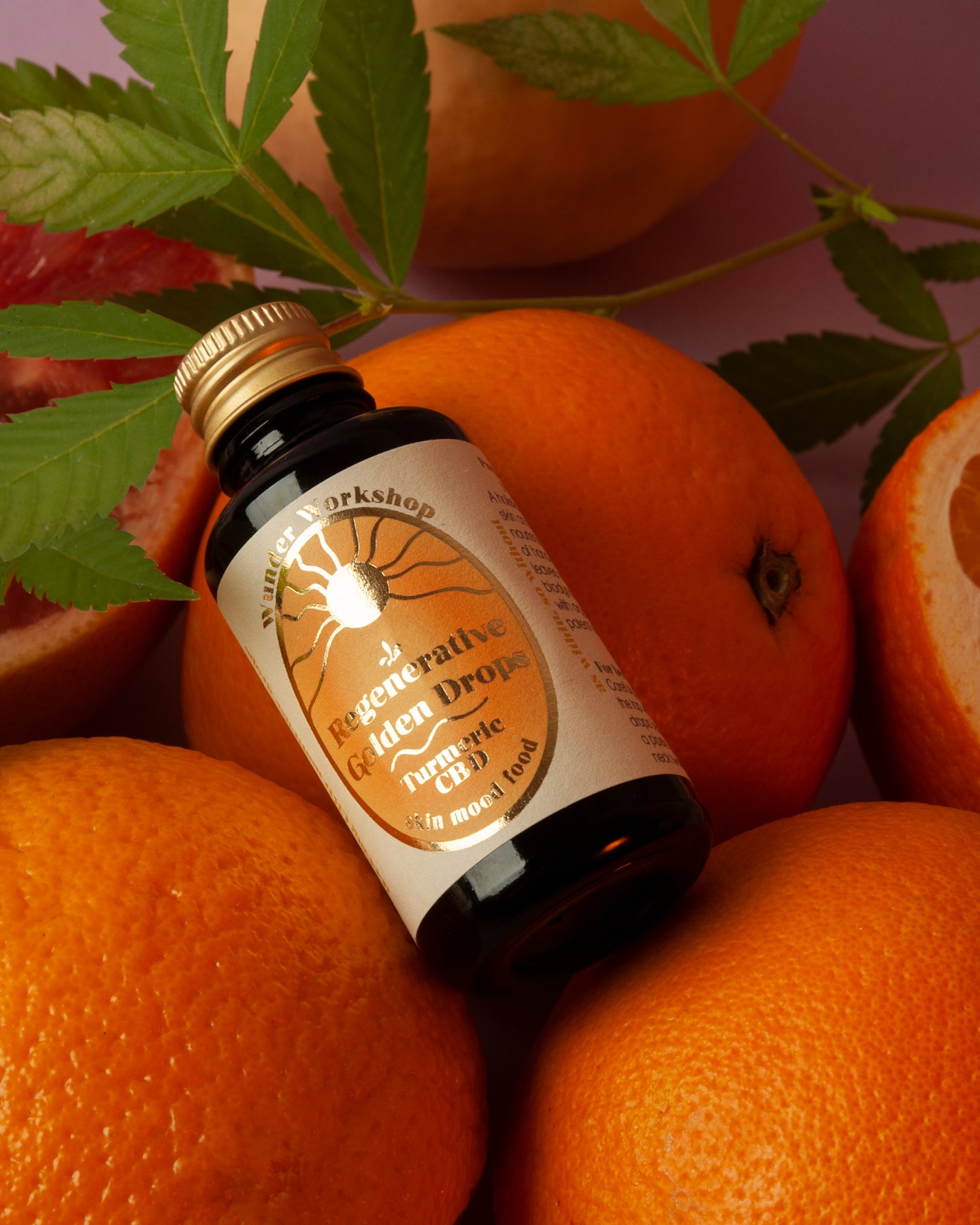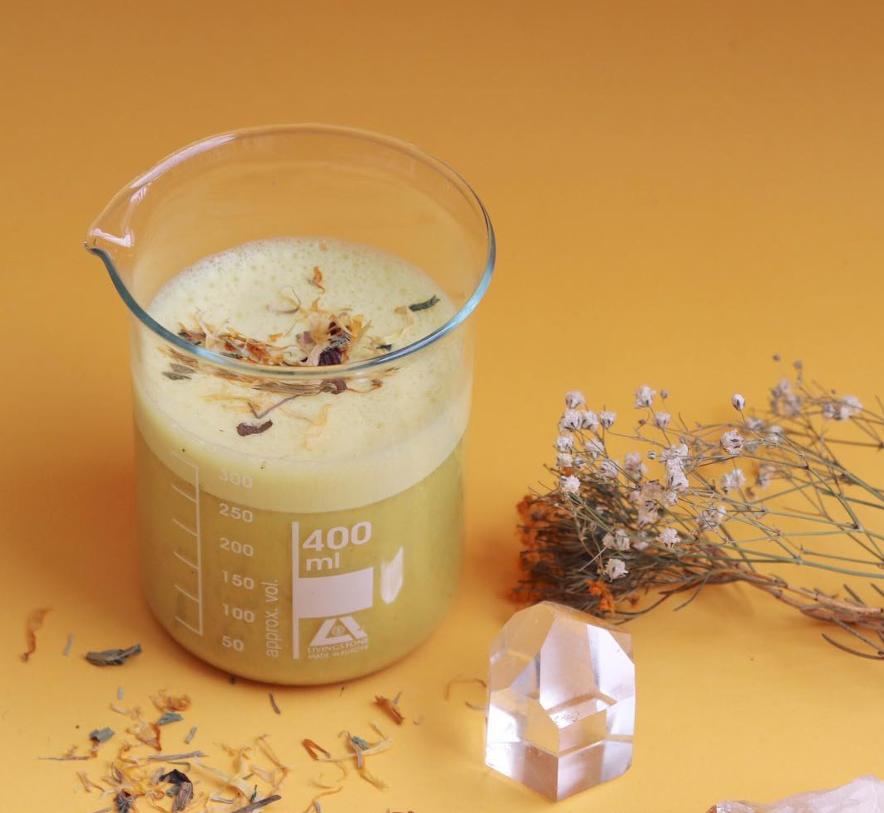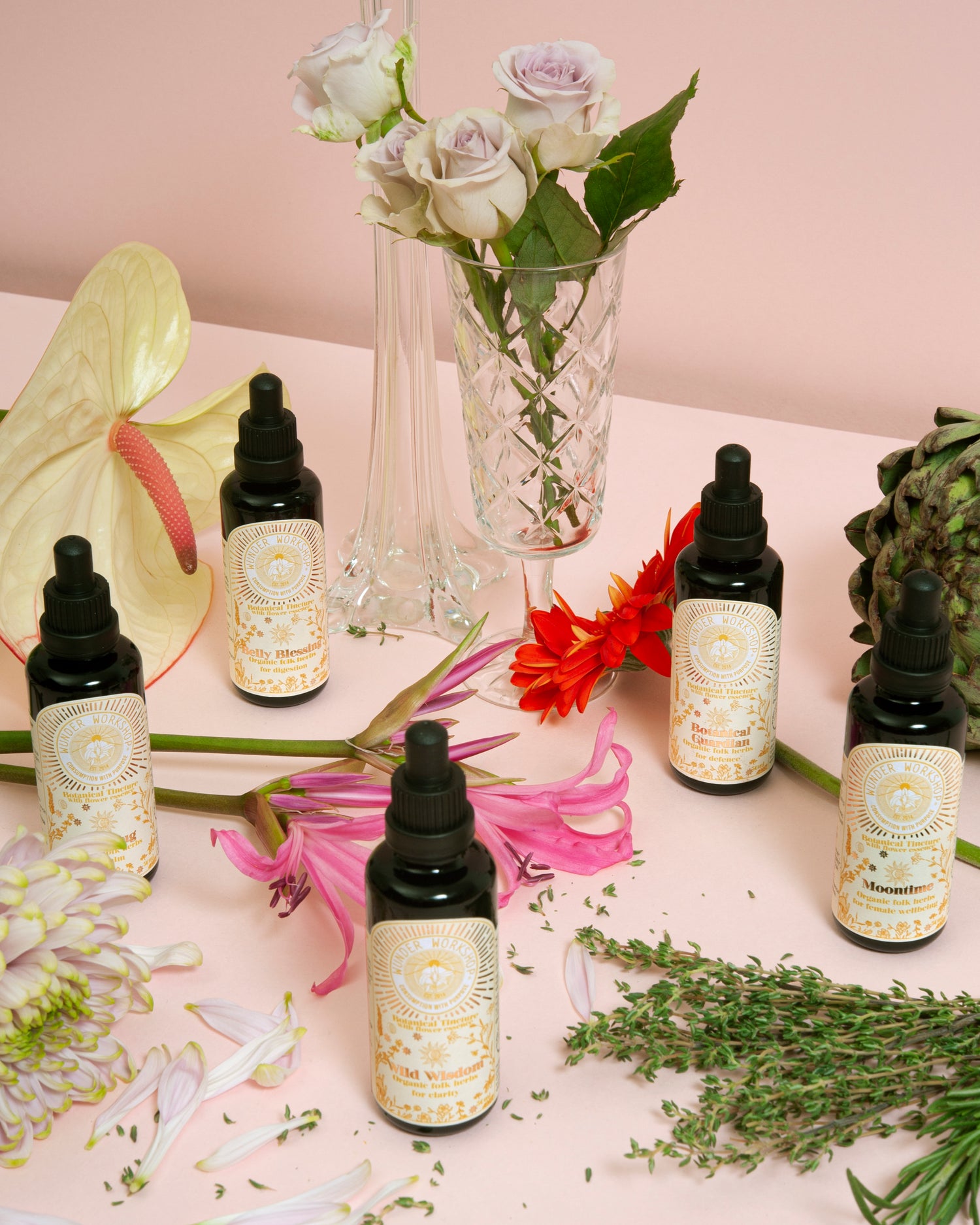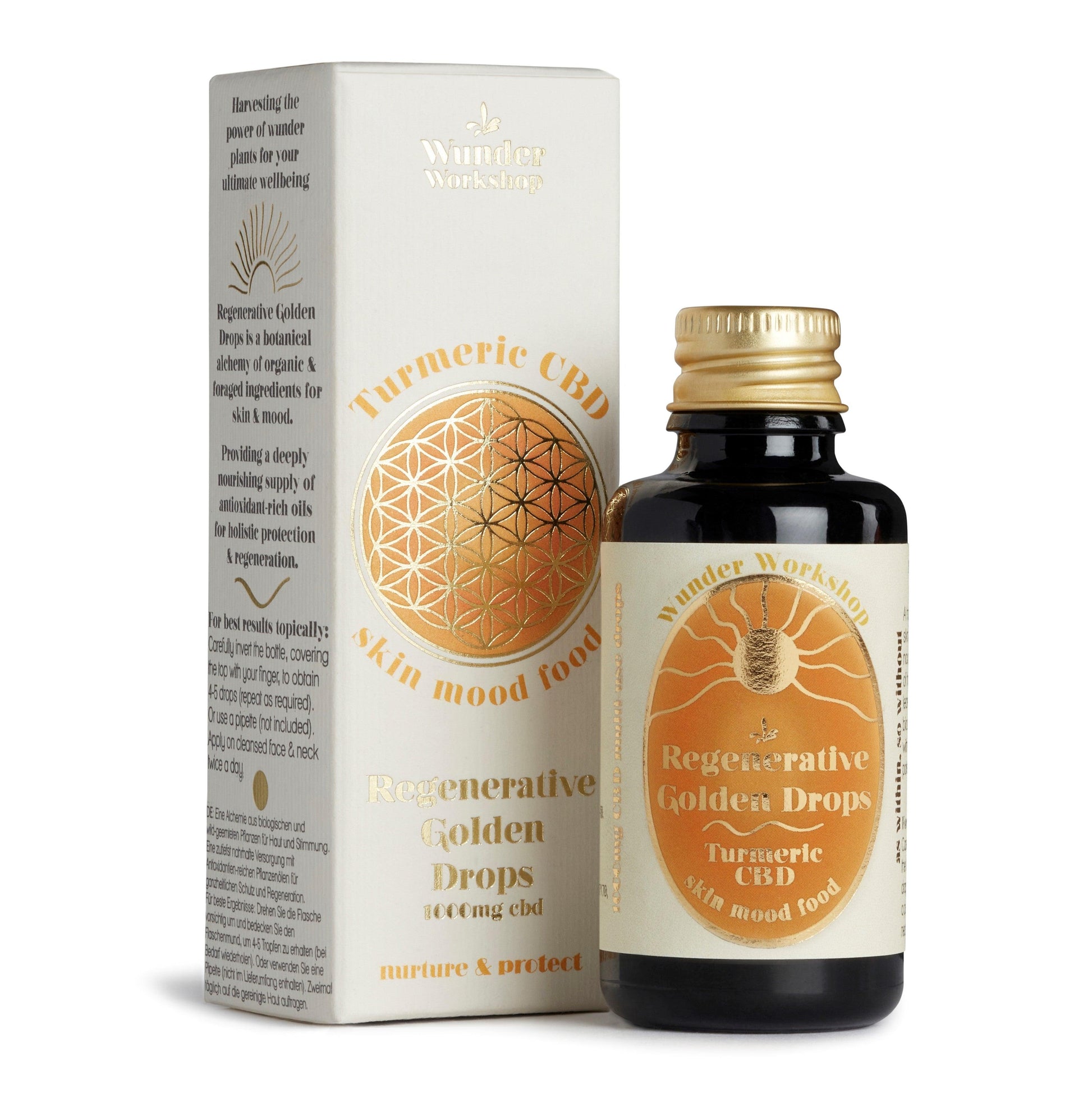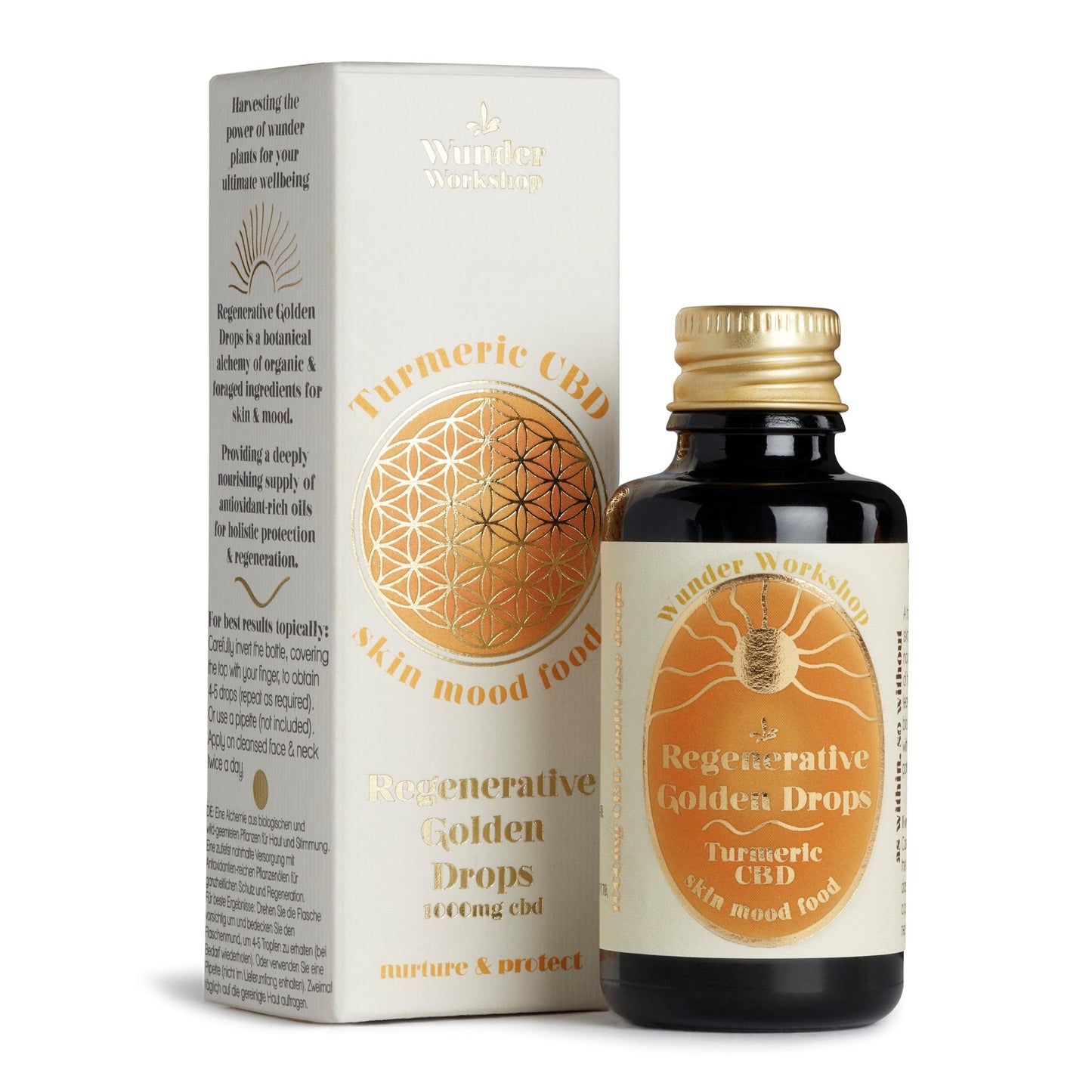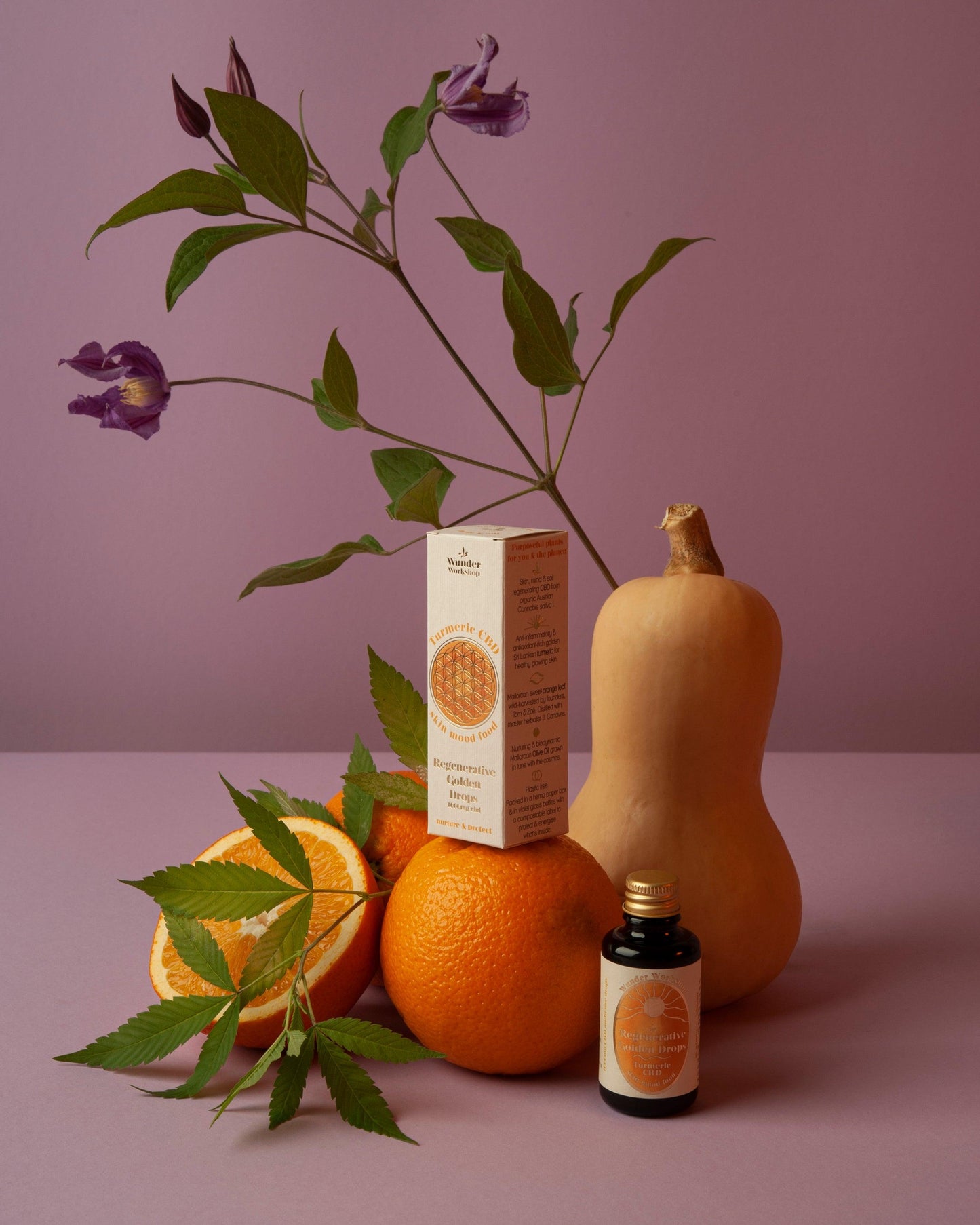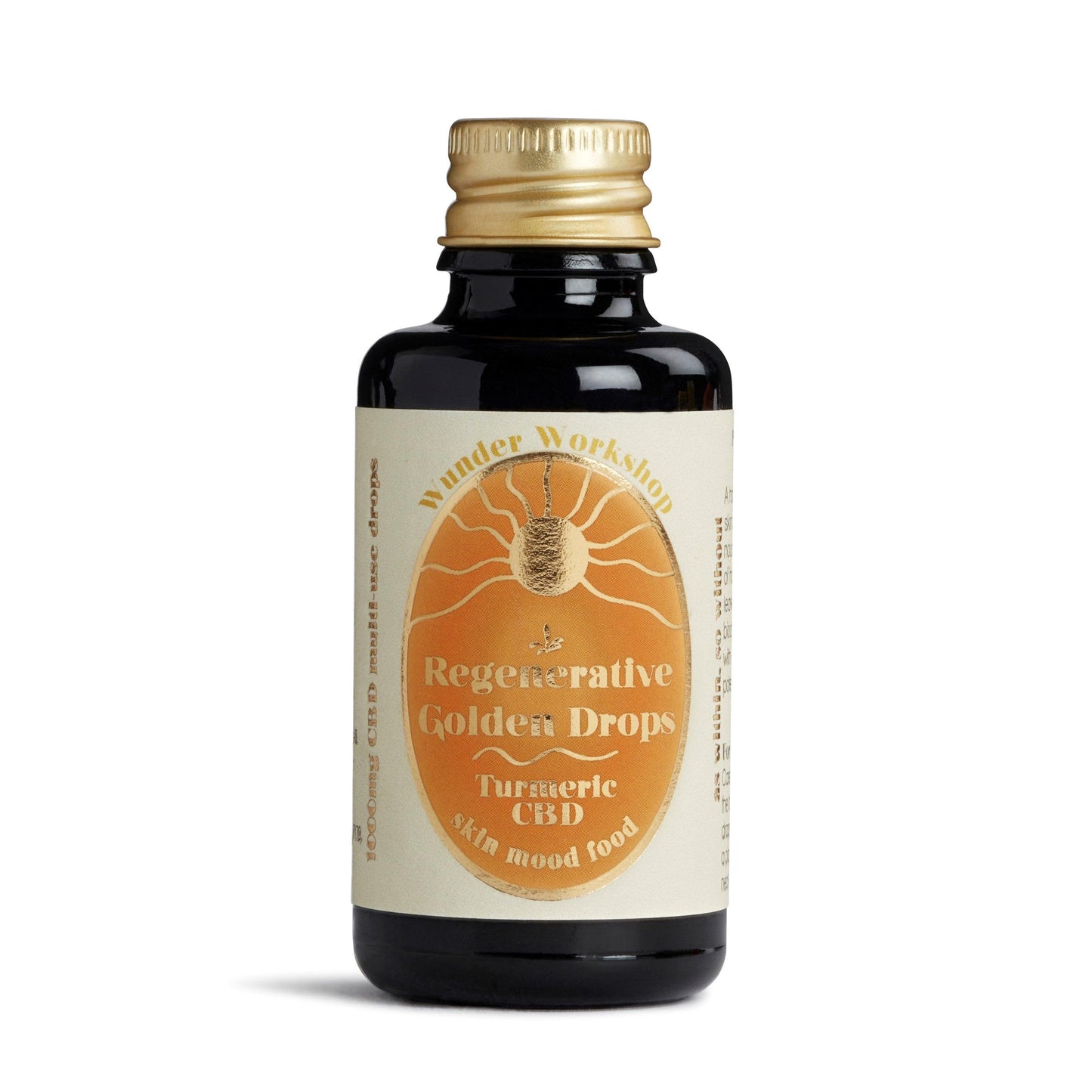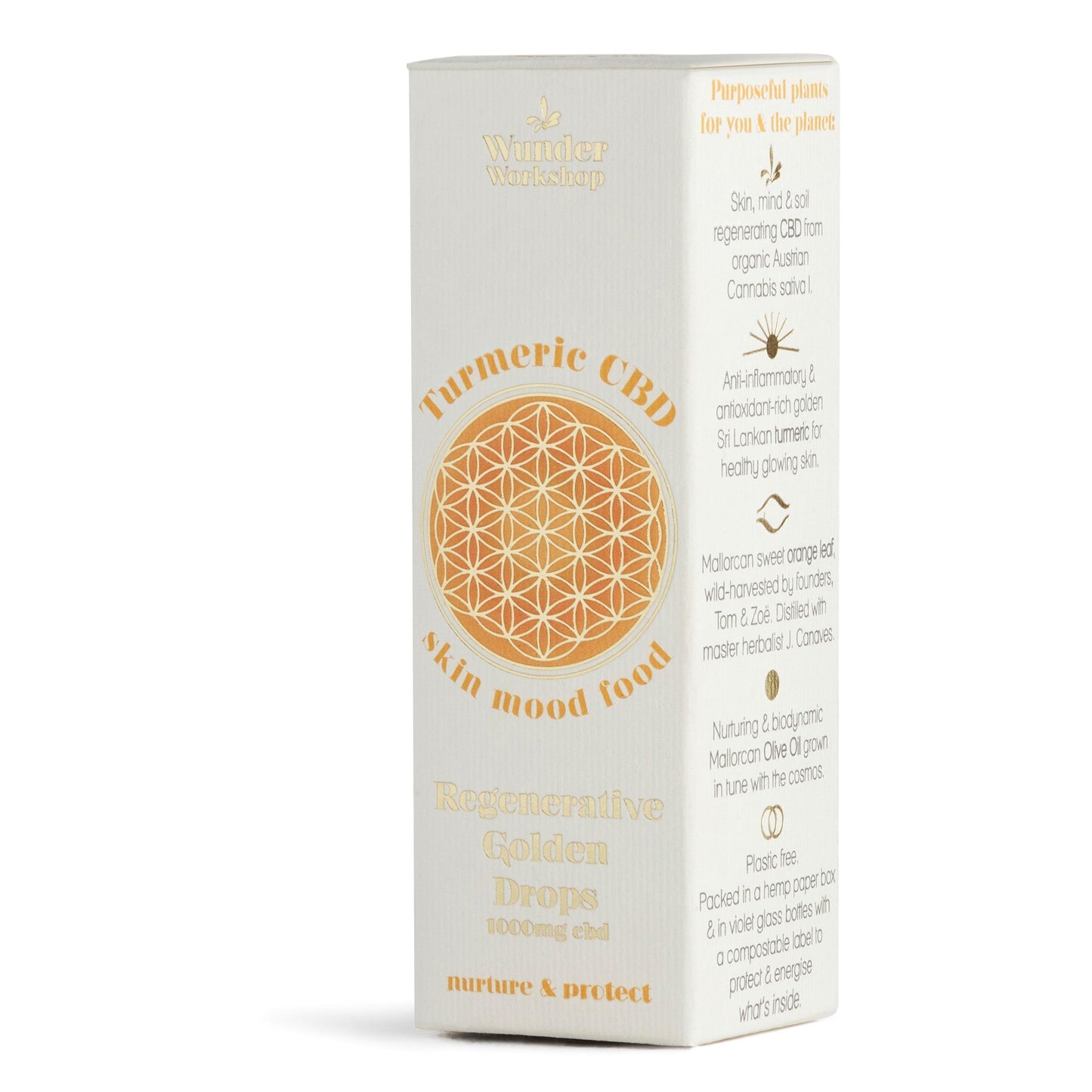People often only start preparing their bodies for a baby once they receive that positive pregnancy test, but if you are planning to have a baby in the near future it is a wonderful gift to yourself and the baby to start preparing your body at least 3 months before conception. Preconception care is a crucial aspect of preparing for a healthy pregnancy and optimizing both maternal and foetal health before conception occurs. Also known as the “pre-mester” it is the time where we have the ability to improve the quality of the egg and sperm. It involves taking proactive steps to improve overall well-being, address any health concerns, and create the best possible conditions for conception and a successful pregnancy.
Preparing for conception is more than just a physical process; it’s a holistic transformation to overall health, from weight management, life-style changes, therapy, stress-management, and focusing on specific micro & macro nutrients.
Plants for Fertility:
Herbs for fertility have been used for centuries across various cultures to support reproductive health and enhance the body’s natural ability to conceive. These plants and botanicals are believed to help balance hormones, regulate menstrual cycles, improve ovulation, and optimize overall reproductive function. From regulating irregular cycles to boosting sperm health, these herbs provide a gentle yet effective way to support reproductive wellness. Below we share some of our products and favourite herbs that have traditionally been used to promote fertility and demonstrate their potential benefits for those on their journey to conception.
Moontime Tincture herbs:

Chasteberry (also known as Vitex agnus-castus) is often considered beneficial for preconception, particularly for women. It has been used for centuries to support hormonal balance and reproductive health. Chasteberry is thought to help regulate the menstrual cycle, improve ovulation, and support progesterone production, all of which are important factors when trying to conceive.
Lady’s mantle (Alchemilla vulgaris) is a herb traditionally used to support women's reproductive health, including its potential benefits for ovulation. It is believed to help regulate the menstrual cycle, balance hormones, and support the uterine lining, all of which are essential for healthy ovulation and conception.
Supportive herbs include:
Cramp bark (Viburnum opulus) is an herb commonly used to alleviate menstrual cramps and support uterine health. By easing menstrual discomfort and regulating cycles, cramp bark can contribute to hormonal balance, which is essential for fertility. Cramp bark may have a calming effect, helping reduce stress levels. Since stress can negatively impact hormonal balance and reproductive health, this can be an important factor when trying to conceive.
Chamomile (Matricaria recutita) is a gentle and well-known herb often used to support relaxation and overall wellness.
Nettle (Urtica dioica) is a highly nutritious herb often used to support reproductive health and fertility. Rich in vitamins, minerals, and antioxidants, nettle is believed to benefit both men and women in various ways, particularly in optimizing conditions for conception.
Superior Ashwagandha:

Ashwagandha is a well-known adaptogen, meaning it helps the body adapt to stress. Chronic stress can negatively affect reproductive health by disrupting hormonal balance and interfering with ovulation. By reducing cortisol (the stress hormone), ashwagandha helps to lower stress levels, allowing for better hormonal regulation, and thus supporting healthy ovulation in women and sperm production in men.
Improving Ovulation:
For women, ashwagandha may help support healthy ovulation by balancing reproductive hormones like estrogen and progesterone. Regular ovulation is key for conception, and by reducing stress and improving hormonal balance, ashwagandha may enhance the chances of ovulation and, consequently, conception.
Boosting Male Fertility:
Ashwagandha has been shown to have a positive impact on male fertility, particularly by improving sperm quality, count, and motility. It may also help increase testosterone levels, which can enhance sperm production and overall reproductive health. These factors can be crucial for improving fertility in men.
*While ashwagandha is generally safe for most people, it's important to consult with a healthcare provider before using it, especially when trying to conceive, pregnant, or breastfeeding. Some individuals with hormone-sensitive conditions or those taking medications that affect the thyroid or hormones may need to avoid ashwagandha or use it under medical supervision.
